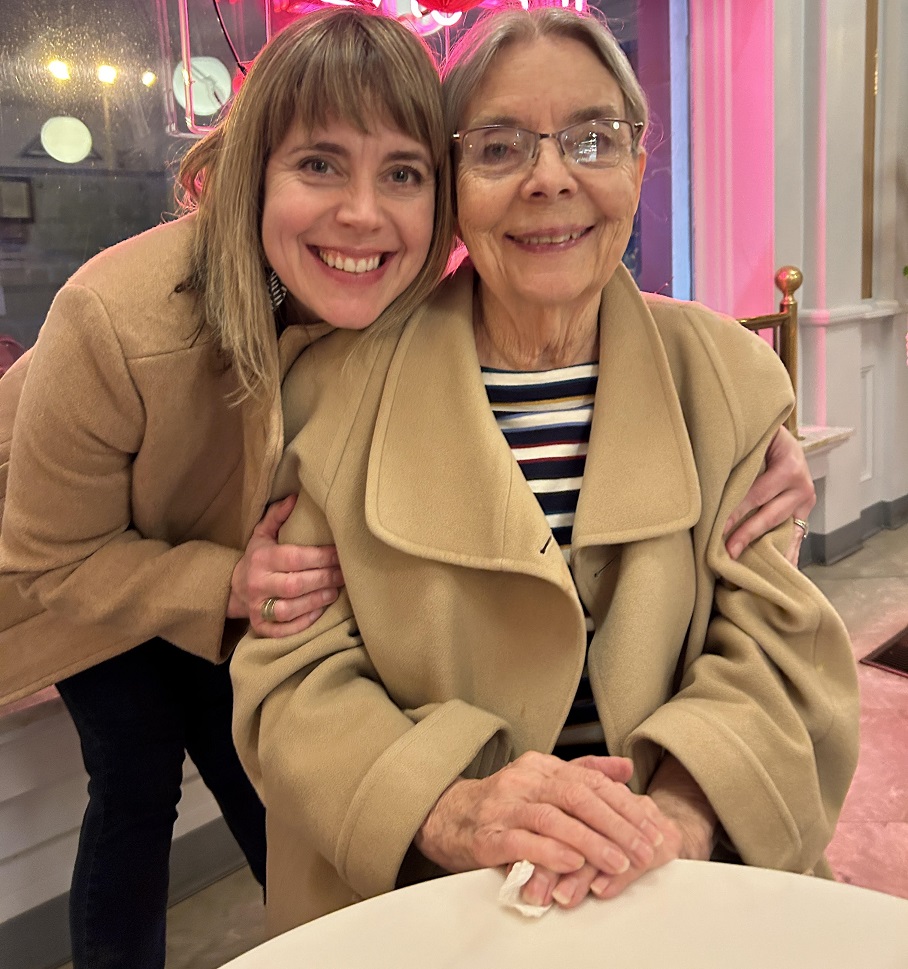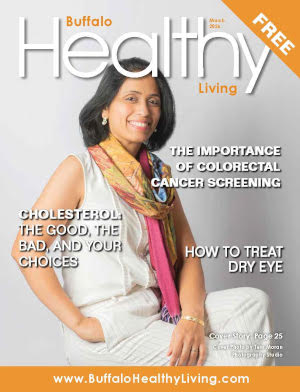Alzheimer’s Association Honors WNY Dementia Caregivers, Shares New Resources

- November is National Family Caregivers and National Alzheimer’s Disease Awareness Month
- New Alzheimer’s Association resources support families at every stage of the disease
BUFFALO, N.Y. (November 18, 2025) – During National Family Caregivers Month and National Alzheimer’s Disease Awareness Month in November, the Western New York Chapter of the Alzheimer’s Association is amplifying the voices of people living with dementia and their caregivers to empower more families to find support, connection and hope.
Nearly 12 million Americans provide unpaid care for loved ones living with Alzheimer’s or another dementia. According to the Alzheimer’s 2025 Facts and Figures report, in New York State alone there are more than 650,000 caregivers providing an estimated 893 million hours of care, valued at $22.6 billion dollars.
Whitney Mendel knows all too well the joys and heartaches of being a family caregiver. Her mother, Ellen, was diagnosed with Alzheimer’s disease in early 2023 after more than two years of a diagnosis of mild cognitive impairment. Mendel, who works as an outreach and engagement manager at Roswell Park Comprehensive Cancer Center, served as the primary caregiver for her mother until she passed away in September.
“My mother had been living alone in her own home and had always prided herself on her independence,” Mendel says. “The disease fundamentally changed both of our lives. All of the independence she lost due to the disease became my gain in responsibility. By the end of 2023, she could no longer retain what she read, handle her own appointments or bills, drive, manage her medications or live safely on her own.”
Mendel discovered the bittersweet reality many caregivers face – the role reversal of taking care of the person who once took care of you.
“I felt as though I stepped into the role of the manager of my mother’s life when all I wanted to do was be her daughter,” Mendel says. “Neither one of us wanted this to be the way it was. We were at the mercy of dementia.”
Her mother chose to move into an assisted living facility in early 2024, but Mendel’s role as a caregiver did not stop. She shares that while she tried to create pockets of joy for her mother through many visits, walks and ice cream dates, she also was often fielding multiple panicked phone calls a day from her mother, sometimes leaving work to calm her, and dealing with doctor and emergency room visits, all while “in the midst of this unrelenting sea of grief that dementia unleashes” as she watched her mother disappear due to the disease.
“Our story is not unique,” Mendel says. “We are one of hundreds of thousands of families in New York alone. We are your neighbors, co-workers, friends and family members, working to keep up with our own day-to-day responsibilities and respond to the shifting needs of our loved ones, all the while saying a long goodbye to who we once knew.”
Whatever the challenges, Mendel wants to remind caregivers they are not alone and that the Alzheimer’s Association is here to help.
This year, the Alzheimer’s Association has launched several new and expanded resources to help families navigate the challenges of dementia at every stage.
- Transitions in Care, a new online education program that helps families navigate the decision to transition a person living with dementia into long-term care.
- The Empowered Caregiver, an evidence-based education program designed for middle- and late-stage caregivers to build skills, manage stress and find community.
- My ALZ Journey, a free mobile app that helps people newly diagnosed with Alzheimer’s or other dementia — and their care partners — access tailored information and local support.
“Caregiving is a profound expression of love and compassion,” says Courtney Sipes, director of community engagement at the Western New York Chapter of the Alzheimer’s Association. “This month, and every month, we recognize and celebrate those who dedicate themselves to caring for others, offering comfort, dignity, and unwavering support. We’re committed to ensuring caregivers have the resources and encouragement they deserve.”
Visit alz.org/wny to learn more about local resources that can help caregivers throughout the eight counties of Western New York. In addition, the Alzheimer’s Association offers a 24/7 Helpline at 800.272.3900, staffed by master’s-level clinicians and specialists who are available 365 days a year and can help families navigate a variety of disease-related issues.
Visit alz.org/nadam to honor caregivers by sharing a special message of thanks during National Family Caregivers Month.
Alzheimer’s Caregiving: By the Numbers
- In 2024, nearly 12 million caregivers provided more than 19 billion hours of unpaid care, a contribution to the nation valued at $413.4 billion.
- 59% of family caregivers of people with Alzheimer’s or other dementias rated the emotional stress of caregiving as high or very high.
- 38% of unpaid caregivers report physical stress due to caregiving.
- 60% of caregivers of people with Alzheimer’s or another dementia were employed in the past year. However, many of these caregivers had to make major changes to their work schedules because of caregiving responsibilities: 57% said they had to go in late, leave early or take time off and 16% had to take a leave of absence
- In New York State, 656,000 caregivers provided 893,000 hours of care valued at $22.6 billion.
- 62% of caregivers in NYS reported they had a chronic health condition, adding to their personal burden
- 18% of caregivers said they lived with depression, while 13% reported being in poor physical health
- The total lifetime cost of care for someone with dementia is estimated at more than $400,000 ($405,362) with 70% of these costs borne by family caregivers in the forms of unpaid caregiving and out-of-pocket expenses.
- 41% percent of caregivers have a household income of $50,000 or less.









